How to Check if Your ID Has Been Used
It’s essential to be vigilant about the use of your personal identification (ID), especially since identity theft and fraudulent activities have become more common. Whether it’s a driver’s license, national ID, bank card, or passport, there are several ways to check if your ID has been used or compromised.
Here’s a step-by-step guide on how to check if your ID has been used, what to look for, and how to protect yourself:
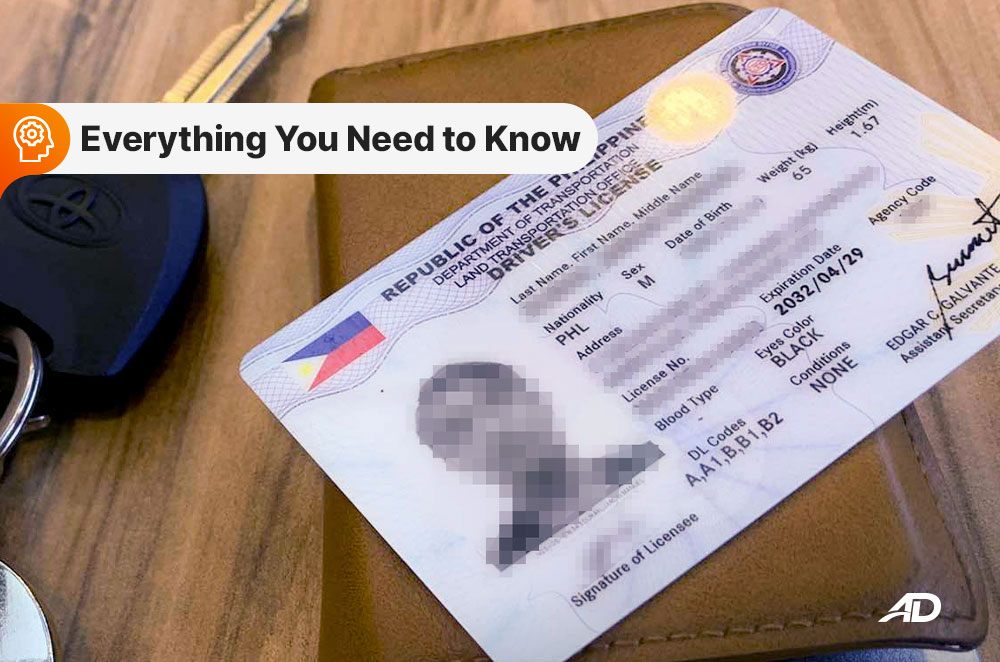
1. Monitor Your Bank Statements and Credit Reports
If you suspect your financial ID (such as a bank account, credit card, or debit card) has been used fraudulently, the best way to detect unauthorized use is by regularly checking your bank statements and credit reports.
- Bank Statements: Regularly review your transactions for any unfamiliar charges. If you spot a charge you didn’t authorize, report it to your bank immediately.
- Credit Reports: Request your credit report from the major credit bureaus such as CIC (Credit Information Corporation) in the Philippines, or international bureaus like Equifax, Experian, and TransUnion if you’re abroad. A credit report will show any new loans, credit cards, or credit inquiries made in your name.
- Philippine Credit Reports: You can check your credit report online through the Bureau of Internal Revenue (BIR) or third-party services that provide access to your credit file.
If any unfamiliar activity or accounts are listed in your name, it may indicate that your ID has been compromised.
2. Check for Unauthorized Government Transactions
If you suspect that your government-issued IDs (such as SSS, PhilHealth, TIN, or passport) have been used without your knowledge, follow these steps:
- SSS (Social Security System): Log into the official SSS online portal and check your contribution history. Look for any entries or claims made under your name that you did not authorize.
- PhilHealth: You can also log into your PhilHealth account to check if your benefits have been used or if any unauthorized claims have been made in your name.
- TIN (Taxpayer Identification Number): You can request a Tax Clearance from the BIR to check if your TIN has been used in any fraudulent transactions, such as registering businesses or securing loans.
- Passport: If you suspect your passport has been used fraudulently (for example, for immigration purposes or in another country), you can contact the Department of Foreign Affairs (DFA) to inquire about any recorded travel or visa issuance under your name.
3. Monitor Your Social Security, Insurance, and Health Benefits
Fraudulent use of your SSS or health insurance can be identified by checking your benefits and claims records. Some government services, such as PhilHealth and SSS, allow members to check whether their benefits have been claimed by others:
- PhilHealth: Log in to the PhilHealth website or call their customer service to verify if there are any unauthorized claims made under your name.
- SSS (Social Security System): Similarly, check for any unauthorized use of your SSS number by logging into the SSS online portal.
4. Check for Suspicious Online Activity
If you think your digital ID (like email, social media, or online banking account) may have been compromised, do the following:
- Email and Online Accounts: Review your sent messages or login history to see if any emails or requests have been made from locations or IP addresses that you don’t recognize. Many platforms (like Google, Facebook, Twitter) provide an option to review recent login activity.
- Social Media Accounts: Check for posts, messages, or friend requests you didn’t initiate. Some social media sites let you review login sessions or devices that have accessed your account.
- Online Shopping Accounts: Review your purchase history on websites like Amazon, eBay, or other e-commerce platforms to see if any orders have been made without your consent.
If you find unauthorized activity, immediately change your passwords and enable two-factor authentication for better security.
5. Use Identity Theft Protection Services
There are several identity theft monitoring services available that can alert you if your personal information has been used for fraudulent activities. These services can track your name, TIN number, SSS, credit history, and other sensitive details.
Some of these services include:
- Identity Guard
- LifeLock
- Experian IdentityWorks
In the Philippines, some banks or financial institutions offer identity protection services, so you may also inquire if such options are available to you.
6. Check with the Philippine Postal Service (PhilPost)
If you believe that your Postal ID has been used fraudulently (for example, to apply for loans or register a vehicle), you can contact PhilPost to check whether your Postal ID has been used for any unauthorized transactions. This is particularly important if you lose your Postal ID and suspect it may have been misused.
7. Report to the Authorities
If you find any evidence that your ID has been used fraudulently, it’s important to report the incident to the appropriate authorities:
- Philippine National Police (PNP): File a report with the PNP if you suspect identity theft or fraudulent use of your personal ID.
- Bureau of Internal Revenue (BIR): If your TIN has been used inappropriately, notify the BIR.
- Department of Foreign Affairs (DFA): If your passport has been compromised, report it to the DFA.
- Bank or Financial Institutions: If your bank card or credit card has been used without your permission, notify your bank immediately and follow their fraud procedures.
Additionally, report the incident to your ID-issuing agency, such as the SSS, PhilHealth, or BIR, depending on the type of ID that has been compromised.
8. Freeze or Lock Your Accounts
If you suspect identity theft, you can freeze or lock your credit and bank accounts to prevent further unauthorized use:
- Credit Freeze: In the case of credit cards or loans, you can contact the major credit bureaus (e.g., CIC, Experian) to freeze your credit report temporarily, preventing anyone from accessing it for new credit inquiries or loans.
- Bank Account Freeze: If your bank account has been compromised, request the bank to temporarily freeze your account to prevent unauthorized transactions.
9. Secure Your Personal Information Going Forward
- Shred Documents: Shred old or unused documents containing your personal information, such as old IDs, bills, or statements.
- Be Cautious Online: Be careful when sharing your personal information online. Avoid sharing sensitive details over unencrypted or public channels.
- Use Strong Passwords: Regularly update your online account passwords and enable two-factor authentication to add an extra layer of security.
Conclusion
Regularly monitoring your financial transactions, government records, and digital activity is essential to detect any unauthorized use of your personal ID. If you suspect your ID has been compromised, report it immediately to the relevant authorities, and take appropriate action to secure your accounts and prevent further misuse. Staying vigilant and proactive can help protect you from the consequences of identity theft or fraud. How to Check if Your ID Has Been Used.
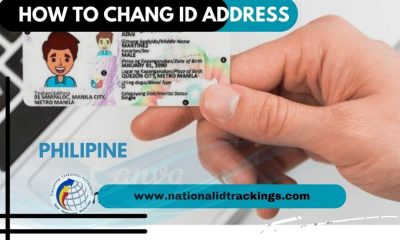
 Uncategorized12 months ago
Uncategorized12 months ago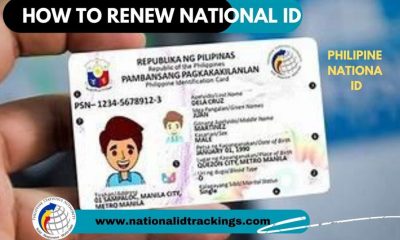
 Uncategorized11 months ago
Uncategorized11 months ago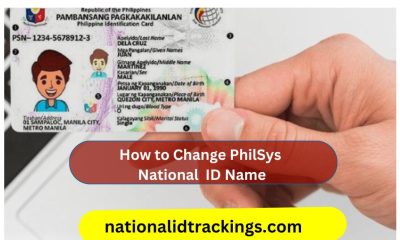
 Uncategorized11 months ago
Uncategorized11 months ago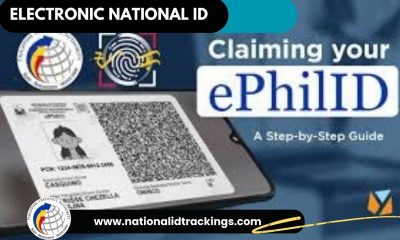
 Uncategorized12 months ago
Uncategorized12 months ago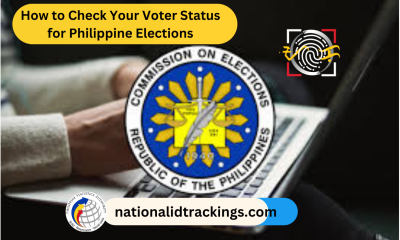
 Uncategorized11 months ago
Uncategorized11 months ago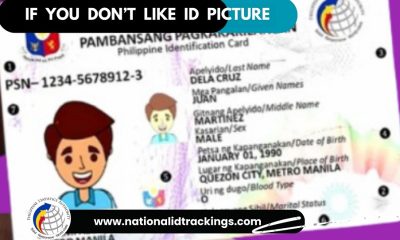
 Uncategorized12 months ago
Uncategorized12 months ago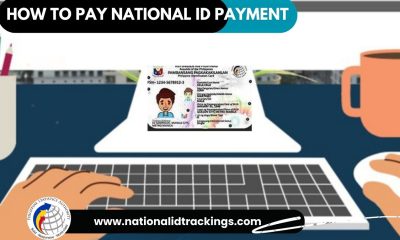
 Uncategorized11 months ago
Uncategorized11 months ago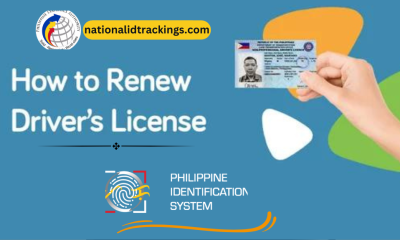
 Uncategorized11 months ago
Uncategorized11 months ago
 Uncategorized11 months ago
Uncategorized11 months ago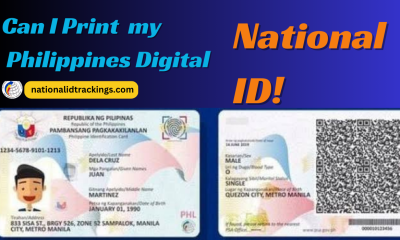
 Uncategorized9 months ago
Uncategorized9 months ago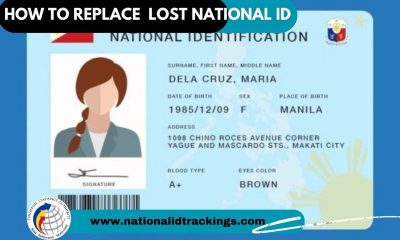
 Uncategorized11 months ago
Uncategorized11 months ago
 Uncategorized9 months ago
Uncategorized9 months ago
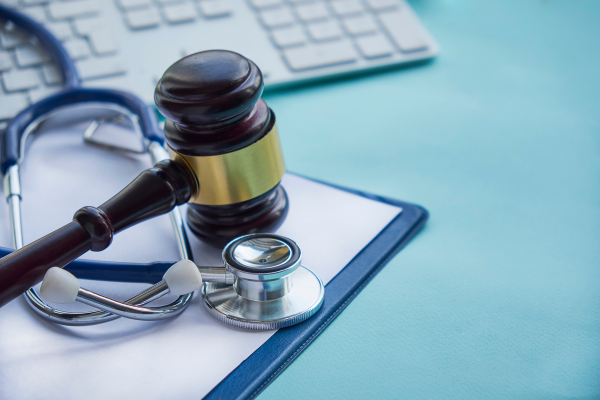
-Feb-07-2024-03-07-18-5160-AM.png?width=600&height=400&name=Pics%20for%20blog%20-%20600x400%20(1)-Feb-07-2024-03-07-18-5160-AM.png)